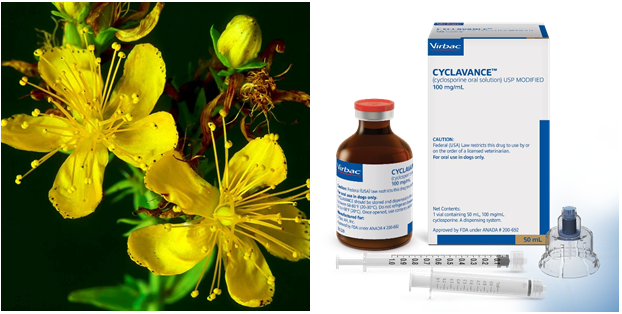After taking orlistat for one week, a female client tells the home health nurse that she is experiencing increasingly frequent faty stools and flatus. Which action should the nurse take?
Advise the client to stop taking the drug and contact the healthcare provider.
Ask the client to describe her dietary intake history for the last several days.
Instruct the to increase her intake of saturated fats over the next week.
Obtain a stool to evaluate occult blood and fat content.
Obtain a stool to evaluate occult blood and fat content.
The Correct Answer is B
Orlistat works by inhibiting the absorption of dietary fat in the intestines. The side effects of faty stools and flatus can be managed by reducing the intake of dietary fat. The nurse should ask the client to describe her dietary intake history for the last several days to determine if she has been consuming a diet high in fat.
Based on this information, the nurse can provide appropriate dietary advice to help manage these side effects.

Nursing Test Bank
Naxlex Comprehensive Predictor Exams
Related Questions
Correct Answer is B
Explanation
Cyclosporine is an immunosuppressive medication commonly used to prevent graft rejection after organ transplantation. St. John's Wort is known to induce cytochrome P450 enzymes, which can increase the metabolism and decrease the effectiveness of many medications, including cyclosporine. This interaction can lead to decreased plasma concentrations of cyclosporine, which can increase the risk of graft rejection. Therefore, it is important to advise the client to discontinue the use of St. John's Wort and inform their healthcare provider about any herbal or supplement use to prevent potential interactions with prescribed medications. Options a, c, and d are not directly related to the client's current condition and are not as significant as option b.

Correct Answer is A
Explanation
Lithium carbonate is a mood stabilizer commonly used to treat bipolar disorder. However, it has a narrow therapeutic index and requires careful monitoring of serum levels to avoid toxicity. One of the major concerns with lithium therapy is the potential for drug interactions and toxicity. NSAIDs such as ibuprofen and naproxen can increase lithium levels by reducing its excretion and can lead to lithium toxicity. Therefore, it is essential to instruct the client to eliminate the use of NSAIDs while taking lithium.
Option b) Avoid consuming all foods that contain iodine is incorrect because iodine is not contraindicated with lithium. However, excessive iodine intake can interfere with thyroid function, which can exacerbate mood instability.
Option c) Notify healthcare provider prior to dental procedures is not specific to lithium therapy and is a general precaution that patients with bipolar disorder should follow before any medical or dental procedures.
Option d) Monitor blood glucose levels daily is also not directly related to lithium therapy. While lithium can cause diabetes insipidus, which can lead to excessive thirst and urination, it does not typically affect blood glucose levels.
Whether you are a student looking to ace your exams or a practicing nurse seeking to enhance your expertise , our nursing education contents will empower you with the confidence and competence to make a difference in the lives of patients and become a respected leader in the healthcare field.
Visit Naxlex, invest in your future and unlock endless possibilities with our unparalleled nursing education contents today
Report Wrong Answer on the Current Question
Do you disagree with the answer? If yes, what is your expected answer? Explain.
Kindly be descriptive with the issue you are facing.
